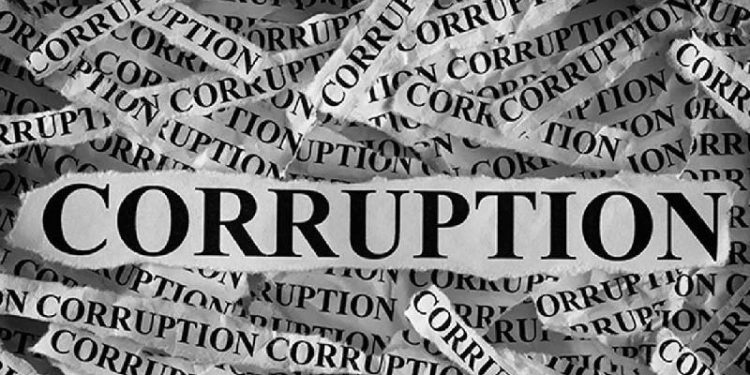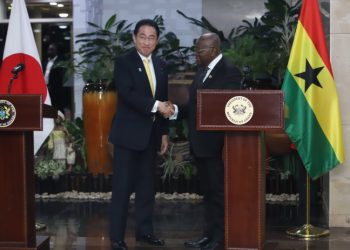
In every political conversation in Ghana, corruption takes centre stage, as it should. From inflated contracts to shady procurement deals, the cancer of corruption bleeds our country dry.
But while we chase after corrupt officials and demand accountability, we ignore a quieter, deadlier crisis: the widespread non-enlightenment of our populace.
Non-enlightenment is not just illiteracy. It is the absence of critical thinking, civic awareness, and a sense of agency. It is what makes people vote based on tribal ties rather than track records.
It is what causes citizens to praise politicians for attending funerals while ignoring their failure to deliver clean water, working hospitals, or functioning schools. It is what keeps the bar so low that mediocrity is celebrated and competence viewed with suspicion.
This lack of enlightenment is more damaging than corruption because it is what enables corruption to thrive.
A corrupt politician can only survive in a system where the people either do not know better or have been conditioned not to care.
If the average voter does not understand the structure of government, the power of their vote, or the importance of holding leaders accountable, then corruption has a permanent place at the table. It becomes not a deviation from the norm but the norm itself.
Consider how many Ghanaians have been conditioned to believe that roads and electricity are gifts rather than rights funded by their own taxes. Or how many accept joblessness as fate rather than a failure of policy. This fatalistic thinking is not natural.
It is the result of a long-standing vacuum where civic education, historical understanding, and economic awareness should have been.
Corruption may drain billions but non-enlightenment costs generations. It affects who we elect, how we respond to crises, what policies gain public support, and how we treat innovation, science, and even each other.
It’s why people fall for Ponzi schemes, fake cures, miracle pastors, and political slogans that insult their intelligence. It’s why dangerous mining practices are seen as opportunities instead of environmental suicide.
You can arrest a corrupt minister. You can’t arrest mass ignorance.
You can freeze a bank account. You can’t freeze a mindset that sees politics as a zero-sum game where you either eat or get eaten.
Non-enlightenment is the soil in which corruption grows. It is the reason public outrage has a short memory and why the media often becomes part of the circus instead of the conscience of the nation. It’s why we keep rebuilding broken systems with the same broken thinking.
If we truly want a better Ghana, we must not just fight corruption. We must enlighten the people. Not with slogans and campaign promises but with real, sustained civic education from schools to churches to radio stations.
We must raise a generation that questions, probes, votes on principle, and dares to imagine a government that works for the people, not in spite of them.
Until then, we will continue to fix potholes without fixing the mindsets that put them there in the first place.
DISCLAIMER: The Views, Comments, Opinions, Contributions and Statements made by Readers and Contributors on this platform do not necessarily represent the views or policy of Multimedia Group Limited.
DISCLAIMER: The Views, Comments, Opinions, Contributions and Statements made by Readers and Contributors on this platform do not necessarily represent the views or policy of Multimedia Group Limited.
- President Commissions 36.5 Million Dollars Hospital In The Tain District
- You Will Not Go Free For Killing An Hard Working MP – Akufo-Addo To MP’s Killer
- I Will Lead You To Victory – Ato Forson Assures NDC Supporters
Visit Our Social Media for More




